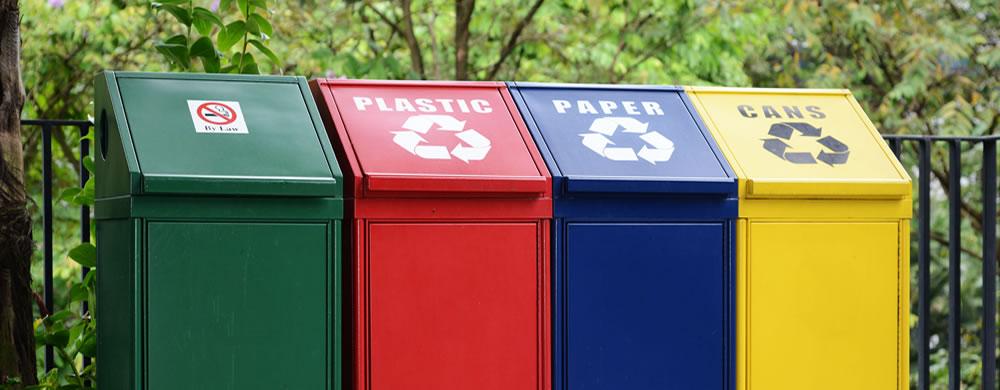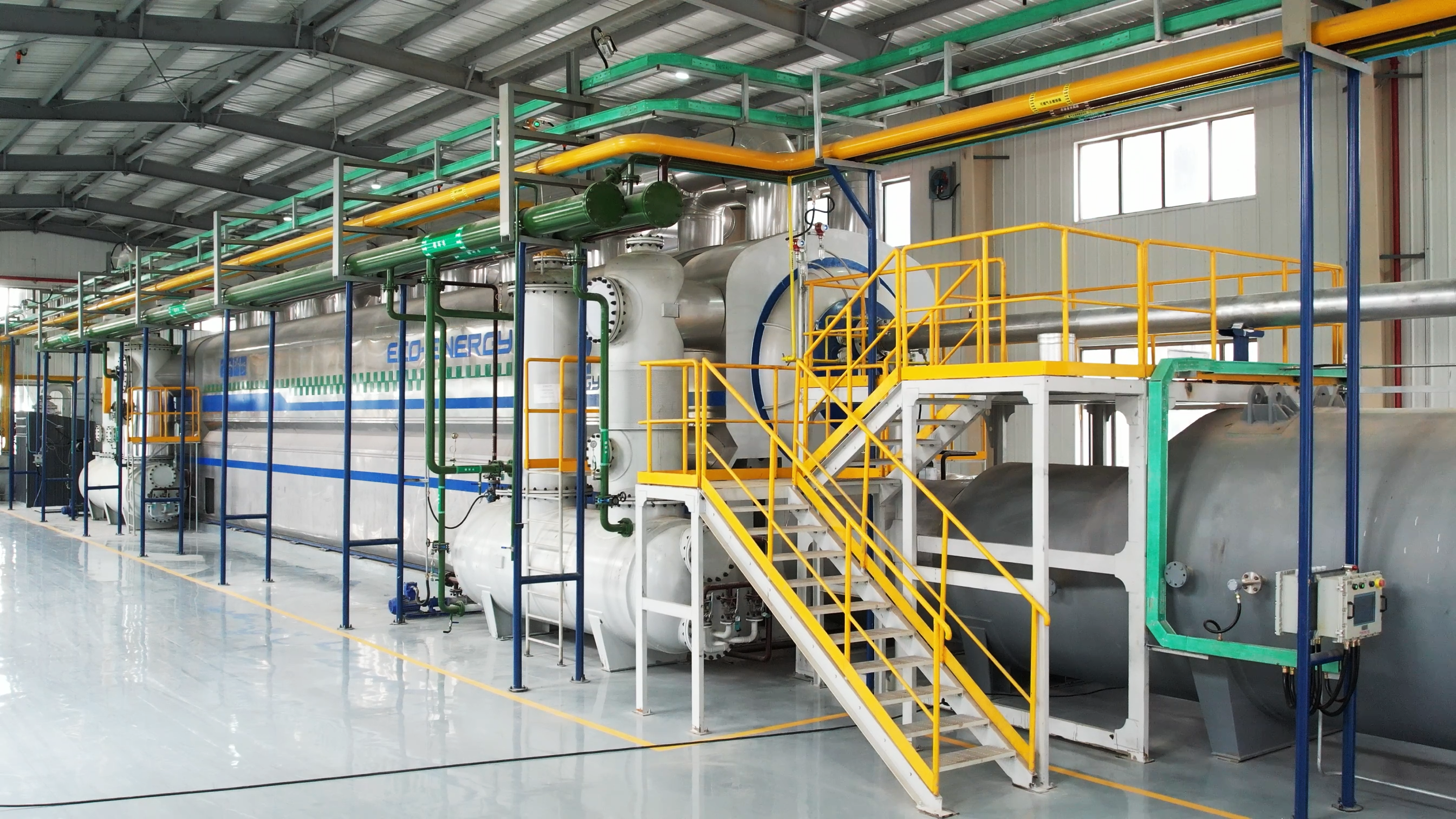Solid wastes come from a wide range of sources, are diverse and complex in composition, and contain a variety of hazardous substances that need to be properly recycled and safely disposed of in order to eliminate ecological risks to the environment. If not handled properly, they will cause irreversible and serious pollution to the environment. Meanwhile, solid wastes are also known as the “misplaced resources”. Waste tires, waste plastics, waste rubber, waste resin, etc. are common solid wastes in our life. Tar slag, waste fiberglass, chemical waste salt, oil shale, etc. are mostly bulk industrial solid wastes. These are all solid wastes with utilization value, among which high-value resources are still very good after proper recycling and resource treatment. Therefore, the rational utilization of solid waste can save a lot of resources.
Currently, solid wastes disposal consists of four main approaches: resource utilization, incineration, composting and landfilling. Their objectives can be summarized as quantification, resource utilization and non-hazardous. Due to the wide variety of solid wastes and their complex composition, resulting in their physical properties are highly variable. Solid wastes treatment often requires the integrated use of a variety of treatment methods to complete the final disposal, which puts forward higher requirements for the technical level of solid wastes treatment equipment enterprises. Because of the huge volume and annual generation, the emergence of each advanced technology will receive widespread attention, and once unfolded it is enough to drive a large commercial industry.

Currently, global population growth, urbanization and rising living standards are accelerating the generation of wastes. Meanwhile, we are faced with a shortage of raw materials and a growing demand for energy. These global environmental challenges are forcing the adoption of new technologies in energy production and wastes treatment that transform solid wastes into reliable renewable resources and low-carbon fuels.
At the same time, requirements for resource recycling and carbon reduction are higher around the world. Many countries have launched relevant legislation and conventions in order to encourage society to pay more attention to the disposal of solid wastes. The aim is to stop the simple and crude landfill of solid wastes and to promote circular economy and turning waste into treasure.
In recent years, resource recycling and disposal has gradually become the major idea of solid wastes treatment. The solid wastes treatment industry has entered a rapid development cycle, and the ecology of the industry chain is becoming more and more perfect. The number of global solid wastes treatment enterprises involved has also increased significantly, and many oil, energy, rubber and other industry giants have launched the layout of the relevant solid wastes treatment industry.
The solid wastes treatment industry has the character that is improved by both policy and technology. Policy provides direction and guidance, and technology ensures that policy and demand can achieve. The new solid wastes law and waste classification and treatment policy provide policy guarantee and basic premise for resource-based solid wastes treatment.
The emergence and development of pyrolysis technology has opened a breakthrough for current resource disposal. Solid wastes such as waste tires, waste rubber, oil sludge, plastics and medical waste have been launched for resource application. Pyrolysis is the disposal of solid wastes on a large scale to produce pyrolysis oil. At present, the use of pyrolysis oil is becoming more and more widespread, and major chemical companies have begun to research the use of pyrolysis oil. Currently, pyrolysis oil has been put into use, such as pyrolysis oil fuel, cracked oil recycled plastic, pyrolysis oil recycled tires, etc.
 In this aspect, Niutech industrial continuous pyrolysis technology is one of the competitive technologies. At present, this technology has been applied in more than thirty countries and regions around the world.
In this aspect, Niutech industrial continuous pyrolysis technology is one of the competitive technologies. At present, this technology has been applied in more than thirty countries and regions around the world.
Email: contact@niutech.com
Tel: 86 531 86196301


No comment